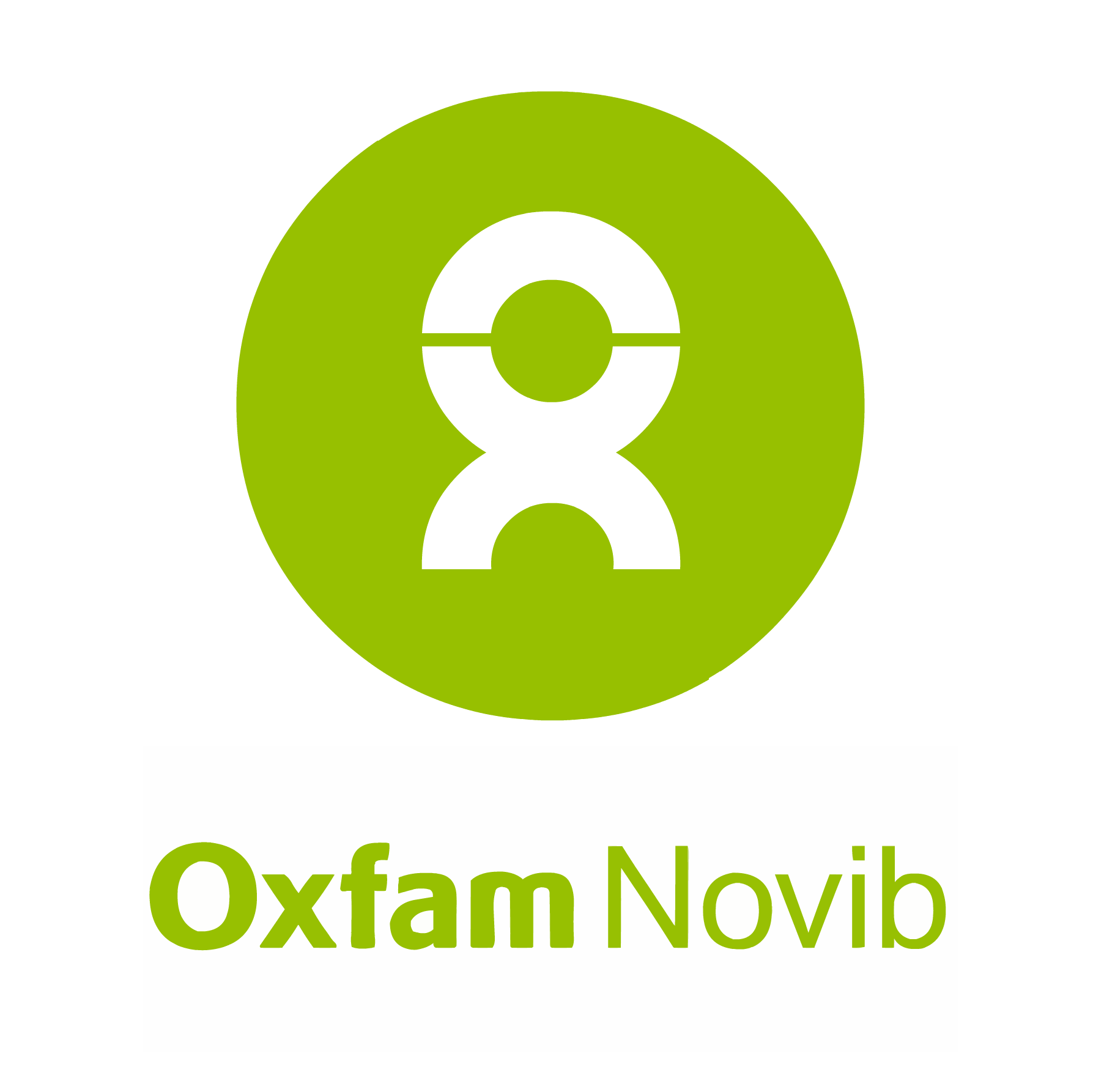Community / Land projects / CO-Women’s land and property rights proj
CO-Women’s land and property rights proj

€0
02/17 - 03/21
Completed
This project is part of
Implementing Organisations
Donors
Data Providers
General
The Women Land Rights for Inclusive Development and Growth in Africa (WIDGRA) is a project funded by the European Union (EU) under Lot 4 whose focus CSO#s contribution to the effective realization of women#s rights in Africa. Oxfam and its co-applicants (PROPAC and PLAAS) opted to focus on women land rights as a key component of the broader women#s rights issues. This is because secure land rights are the priority issue for all rural women in Africa. The project builds on the recognition that women#s rights to land are human rights that need to be upheld protected and promoted. Sadly, they tend to stay in action plans; and policies are hardly implemented due to lack of political commitments and patriarchal values that still predominate the continent. The project is guided by the following objectives: a. Project Objectives The general objective of this project is to ensure women#s access to and control over their land resources across Africa. The specific objectives are: - To hold the governments in the target countries and the Regional Economic Communities accountable on the implementation of relevant AU women#s land rights (WLR) instruments and other relevant WLR policies and laws # monitoring the actions they take. - To empower rural women#s organizations to analyse, document and disseminate evidence on pronounced cases of missing WLR and action against the discriminatory land tenure systems and threats originating from LSLBIs. - Pan-African civil society is recognized for their leadership, knowledge and advocacy capacity on WLR by governments, RECs, AU and WLR experts. b. Implementation The project is being implemented by Oxfam Pan Africa Program, PROPAC and PLAAS over a period of three years in eight countries: Cameroon, Ethiopia, Kenya, Malawi, Mozambique, South Africa, Togo and Tunisia. c. Outcomes It is envisioned that the project will achieve the following outcomes: Civil society organizations gain the capacity to effectively monitor Women Land Rights instruments, laws and policies; Annual status reports every year that are disseminated and used for advocacy to holdgovernments into account to living up to their women#s land rights commitments; Documented and verified data, testimonials, analysis and conclusion of all WLR evidence studies undertaken. These will be stored in an on-line data base, for the CSOs to access and refer to; Around 8,000 grassroots women (and male) community members trained on the WLR evidence study tool in the target countries; More scaled land tenure reform and LSLBI impact mitigation initiatives, building on the experiences in the communities where the evidence studies were undertaken and the effect they had to amplify women#s voices and gain a place at the decision making on the land tenure and LSLBIs; Approximately 80 trained CSO leaders with better transformative leadership and strategic advocacy skills and plans and commitment to improve the leadership and advocacy practice of their organization; A vibrant and effective advocacy practice that enhances the recognition of CSO#s knowledge and leadership on WLR and enables them to effectively push for more progress towards the goal of attaining at least 30% WLR by 2020.


